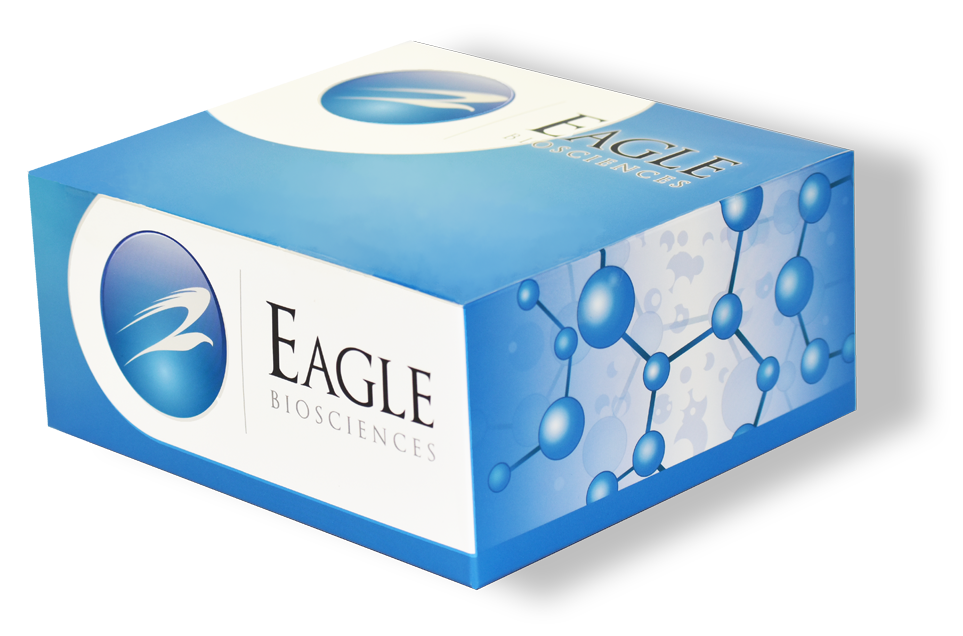Rabbit IgG is a type of immunoglobulin produced by rabbits in response to antigens. It is widely used in immunology and molecular biology because rabbits generate strong and diverse antibody responses, making their IgG a common source for producing polyclonal antibodies. In biological systems, IgG antibodies play a critical role in recognizing and neutralizing pathogens, as well as mediating immune signaling through interactions with Fc receptors and complement proteins. Quantifying rabbit IgG can provide insight into immune responses, antibody production, and the effectiveness of immunization strategies in research models.
Rabbit IgG ELISAs are used to measure the concentration of IgG antibodies in serum, plasma, or other biological samples. In research, these assays are essential for evaluating the immune response in rabbits following immunization with antigens, monitoring antibody titers in experimental studies, or assessing the quality and specificity of polyclonal antibody preparations. They are also employed in preclinical studies for vaccine development, infectious disease modeling, and autoimmune research, where rabbit antibodies serve as critical reagents.
In clinical or translational settings, rabbit IgG ELISAs are primarily used indirectly, such as for validating therapeutic antibodies or for detecting immune complexes in diagnostic assay development. They also play a role in quality control of antibody-based reagents used in clinical assays. Overall, rabbit IgG ELISA is a versatile tool for both research and translational applications where monitoring antibody levels or evaluating immune responses is required.
This product is manufactured in USA by Eagle Biosciences.
| Size | 1 x 96 Well |
| Sensitivity | 1.610 ng/mL |
| Dynamic Range | 6.25 ng/mL – 200 ng/mL |
| Incubation Time | 25 minutes |
| Sample Type | Serum, plasma |
| Storage | 2-8°C |
| Alternative Names | Immunoglobulin G, gamma globulin, IgG antibody, and serum gamma globulin. |

